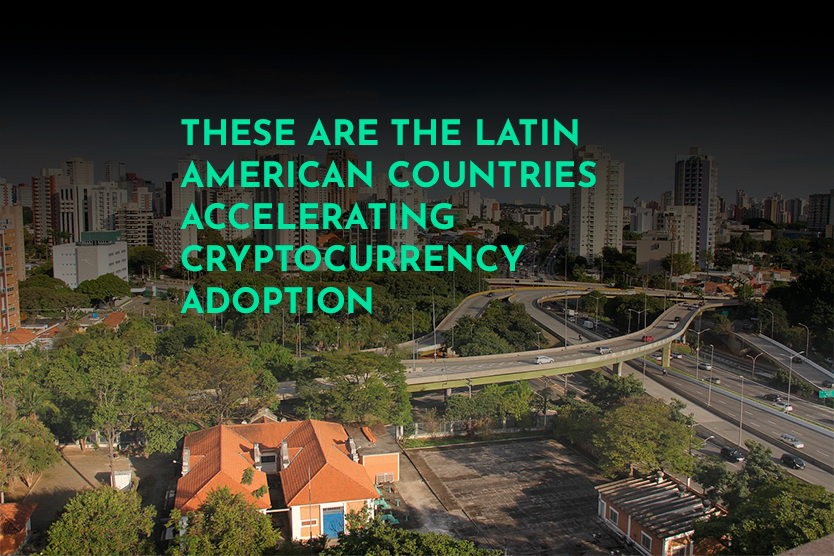These are the Latin American countries accelerating cryptocurrency adoption

Brazil leads in the region due to being a strong and massive market.
The momentum of cryptocurrencies is driven by factors such as inflation, currency devaluation, and citizens’ distrust. In Latin America, the region is increasing technological adoption, such as the use of blockchain, which favors business strategy with greater financial inclusion.
According to the Inter-American Development Bank, crypto assets are utility coins that use distributed ledger technology, which can be stored or transferred electronically, allowing for remittances and cross-border payments. On the other hand, international banking noted that between 2016 and 2022, crypto assets doubled in Latin America, given regulatory measures and investor perception.
Which countries are leading and why?
According to the crypto-specialized portal Okx, Brazil leads adoption in the region, mainly due to having the largest GDP and consumer market, along with advanced regulation of blockchain technology. This country is a pioneer in fostering regulation conducive to cryptocurrencies, indicating authorization from public entities, with high participation from the Central Bank of Brazil in testing the digital real.
Next is Argentina, which has undergone political and economic changes since President Javier Milei took office. Last year, the use of Bitcoin as an official currency was approved, expanding its use for official contracts, driven by strong annual inflation and the peso’s devaluation by more than 50%. For now, cryptos have become a trusted financial tool for Argentines, who expect a “strong” or “mild” performance. However, there is still a need for more regulation in service providers.
Colombia has a growing market for remittances and currency devaluation, which has created a favorable environment for cryptos, and as a result, in 2023, it ranked 32nd in the Global Cryptocurrency Adoption Index. According to Chainalysis, the country appears to trust the infrastructure, although it is still influenced by uncertainty about current government policies. Despite this, President Gustavo Petro promoted discussions with experts to use blockchain in land registration and property title issuance.
Mexico remains on the list as one of the driving countries, ranking sixteenth in the Index. It has a favorable regulatory environment and, like Colombia, is a major remittance market. According to Okx, exchange capitalization through remittances has helped support transfers, along with blockchain technology. One of the opportunities lies in the growth of e-commerce and digital payments, which increased by 23% in 2022.
In the case of Venezuela, its ranking is due to crypto adoption mitigating economic instability. Until today, with the devalued currency and hyperinflation reaching 193% in 2023, crypto adoption had brief government support with the digital petro, which only lasted for five years, but familiarized the population with digital assets, which are on the rise in the remittance market. However, there is a lack of infrastructure, as it has been under supervision since 2018, although it was reorganized in 2023 due to corruption cases.
And what about El Salvador?
While it was the first country to adopt Bitcoin as legal tender three years ago, the strength of the dollar diminished its reach. According to Okx, only 12% of the population used the digital currency in 2023, a 50% drop from 2022. Additionally, Salvadorans seem to distrust it, which did not serve as an antidote against inflation and devaluation. However, the government continues to promote the digital asset.


